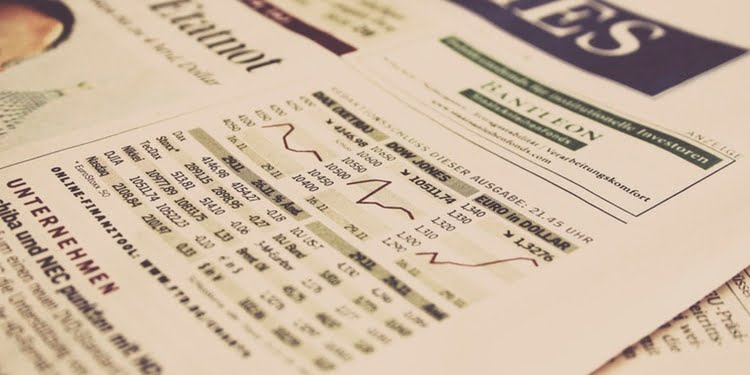- Yield curve inverted for the first time in more than a decade
- Economies in Europe and China continue to lapse raising global concerns
- Gains and losses recorded on the Attorney General William Barr’s news
A sharp deceleration in the previous weeks saw the stocks ending with a little notable change as concerns were raised over the world economy overshadowing news that the special counsel unearthed no collusion between President Donald Trump with Russia.
S&P 500 and Nasdaq Dip Less Than 0.1 Percent
Issues raised over the global economic outlook on Friday remained through Monday after the yield curve inverted for the first time in more than a decade. The yield curve was inverted after the 3-month Treasury bill yield came over its 10-year counterpart on Friday, signaling that a recession may be imminent soon.
Friday saw disappointing economic news released out of Europe, in addition to a downgraded economic outlook added to those worries from the Federal Reserve. The yield curve inverted again on Monday.
“Economies in Europe and China continue to deteriorate causing uneasiness that the problems overseas could affect the U. S. markets,” Bruce Bittles, a chief investment strategist at Baird, wrote in a note. “There are signs that our economy is not as robust as last year such as the decline in capital spending in the third and fourth quarters of last year.”
Trump and The White House
Gains and losses were experienced most of Monday as investors digested the Attorney General William Barr’s sentiments. He stated on Sunday that special counsel Robert Mueller’s long-awaited investigation did not find compelling evidence that Trump’s 2016 campaigns were linked to Russia.
In a letter to top lawmakers, Barr wrote:
“The Special Counsel’s investigation did not find that the Trump campaign or anyone associated with it conspired or coordinated with Russia in its efforts to influence the 2016 U.S. presidential election.“
The White House also stated that the ensuing results were a “total and complete exoneration of the president of the United States.”
This news had been a lingering effect on investors as concerns were raised on Trump’s capacity and efforts to further cut taxes and further ease corporations’ regulation. The news eliminates worry for Wall Street and can help the administration deal with more compelling issues market-wise, such as working with Democrats on the infrastructure plan or striking a trade deal with China.
“This cloud has now dissipated and this should allow markets to breathe a sigh of relief,” said Jeff Kilburg, the CEO of KKM Financial. “This could be a real positive for the market if it allows Trump to focus on getting the Chinese trade deal concluded.”























